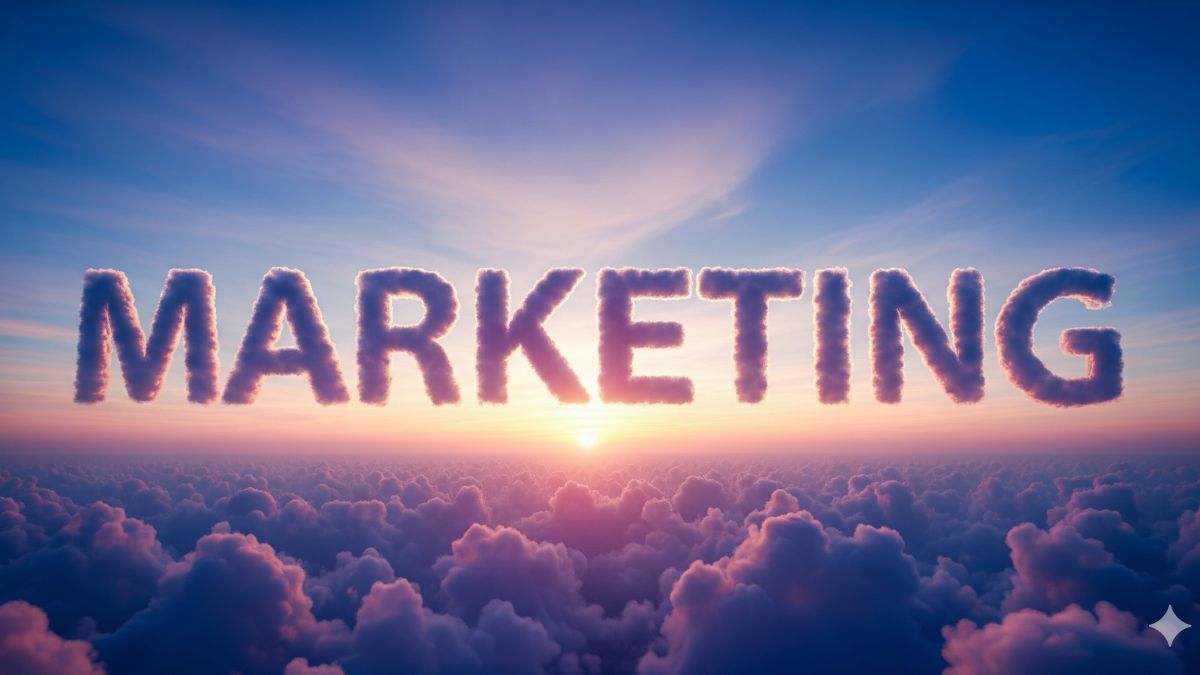
Content marketing has become one of the most important strategic pillars for brands in the digital age. But it’s not static: it constantly evolves in response to technological changes, new consumer expectations, and market dynamics.
The Content Marketing Trend Study 2025 by Statista offers a deep, data-driven analysis that reveals how this discipline is transforming. For marketers, understanding these findings is key to designing more effective and sustainable strategies.
ALSO READ. What should CMOs know about AI, media planning, and strategy, according to Google?
1. What is the main goal of Content Marketing?
Building trust and credibility is the main goal of content marketing, surpassing even lead generation or traffic growth.
- 61% of B2B marketers consider building trust the biggest benefit of their content strategy.
- Other strategic goals include:
- Brand awareness (59%).
- Employer branding (57%).
- Lead generation (55%).
Conclusion: Brands that prioritize credibility will gain loyalty and differentiation in a saturated market.
ALSO READ. What are the 4S of marketing according to Google and why should CMOs know them?
2. What are the most effective tactics to build trust?
The report identifies the main practices companies use to convey credibility to their audiences:
| Tactic | Adoption Rate |
|---|---|
| Partnerships with trusted brands | 61% |
| Regular content updates | 53% |
| Direct and transparent communication | 49% |
| Clearly citing sources | 49% |
| Creating content based on verifiable data | 47% |
Additionally, influencer marketing (53%) and social media advertising (47%) are complementary strategies to reinforce visibility and authority.
ALSO READ. CFO vs. CMO: The disagreement that can kill your marketing budget
3. What trends will shape the future of Content Marketing?
The Content Marketing Trend Study 2025 outlines five major trends that marketers must adopt to remain competitive:
| Trend | B2B Adoption |
|---|---|
| Artificial Intelligence | 81% |
| Content Personalization | 77% |
| Data Storytelling | 76% |
| User-Generated Content (UGC) | 76% |
| Short-form Video | 75% |
Key trend: AI is no longer just experimental; it’s central to scaling content and personalizing experiences.
4. How are brands using Artificial Intelligence?
The integration of AI in content marketing is one of the most notable evolutions:
- 92% of B2B marketers use AI regularly.
- Most common applications:
- Automating repetitive tasks (66%).
- Content optimization (51%).
- Assisted content creation (47%).
- User experience personalization (47%).
- Data analysis for strategy optimization (43%).
Most popular tools:
- ChatGPT/Bing Chatbot (61%).
- Canva (30%).
- Gemini (32%).
Note: AI boosts efficiency, but maintaining a human touch remains essential.
5. What are the most effective channels for content distribution?
The choice of channels impacts both content reach and credibility:
| Channel | Usage Rate |
|---|---|
| Social Media | 69% |
| Audio Platforms (Podcasts) | 61% |
| Content Distribution Apps | 51% |
| Digital and Hybrid Events | 47% |
| Corporate Websites | 43% |
Podcasts and digital events are booming due to their ability to emotionally connect with audiences.
6. Where are brands investing their content budgets?
Statista’s data reveals the budget priorities for 2025:
| Investment Area | B2B Companies |
|---|---|
| Marketing Tech and Automation | 42% |
| Content Creation and Production | 41% |
| Data-Driven Marketing | 38% |
| Experience Personalization | 37% |
| SEO (Search Engine Optimization) | 37% |
| Social Media | 35% |
| User-Generated Content (UGC) | 34% |
| Podcasts and Audio | 30% |
Key insights:
- The priority lies in technologies that enable automation and personalization.
- Data-driven content is becoming the new currency of value.
- Semantic SEO and voice search will grow in importance.
7. What challenges persist in content marketing?
While content is key, marketers still face relevant challenges:
| Challenge | B2B Companies |
|---|---|
| Creating enough quality content | 55% |
| Outdated technology tools | 47% |
| Budget constraints | 43% |
| Ineffective ROI measurement | 43% |
Solutions:
- Strategic outsourcing: 67% of companies outsource content distribution, and 62% outsource production.
- Smart automation: improve efficiency without sacrificing quality.
8. What skills do marketers need to develop?
To remain relevant, marketing professionals must strengthen:
| Skill | Priority |
|---|---|
| Artificial Intelligence and Machine Learning | 58% |
| Social Media Trends | 49% |
| Automation Tools | 43% |
| Video Content Production | 41% |
| Data-Driven Storytelling | 31% |
Combining technical skills (AI, automation) and creative ones (storytelling, video) will be essential to stand out in a competitive market.
⇒ SUBSCRIBE TO OUR CONTENT ON GOOGLE NEWS










